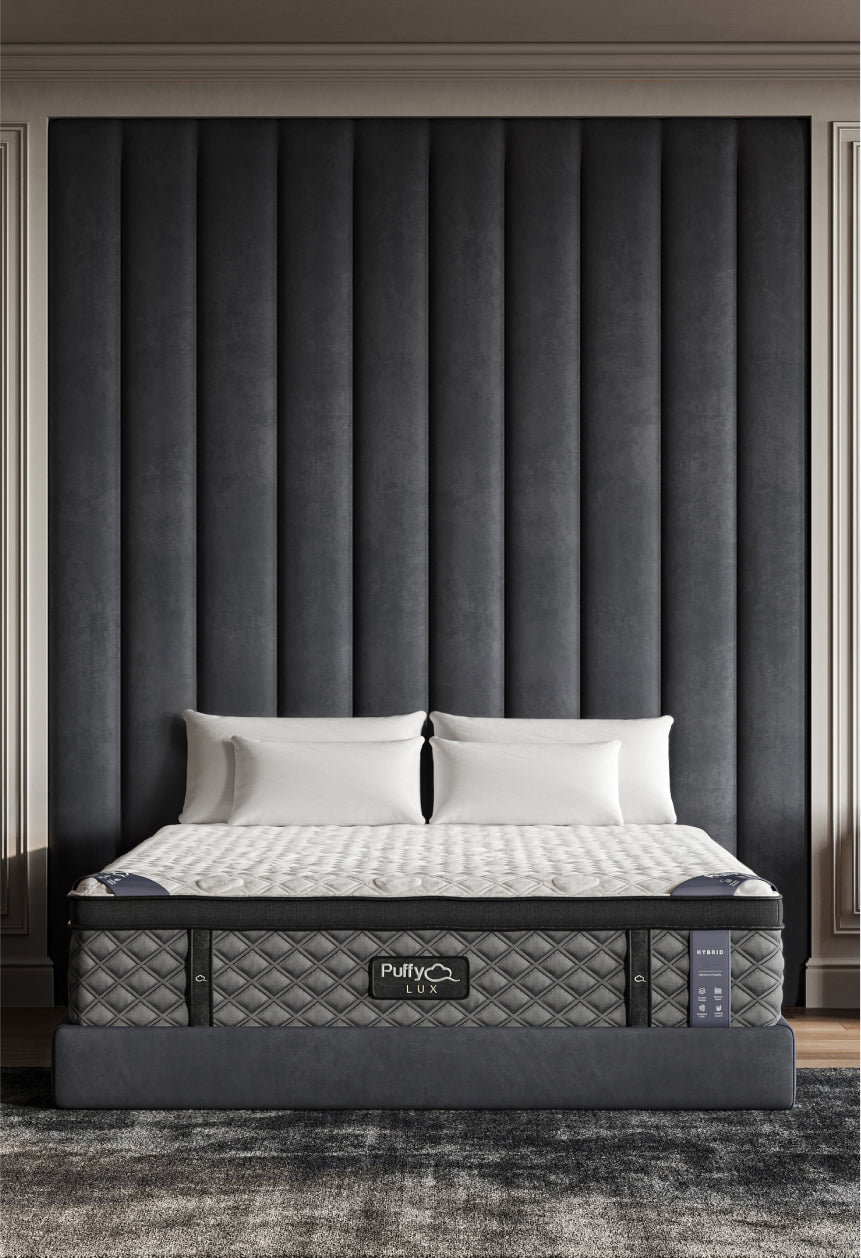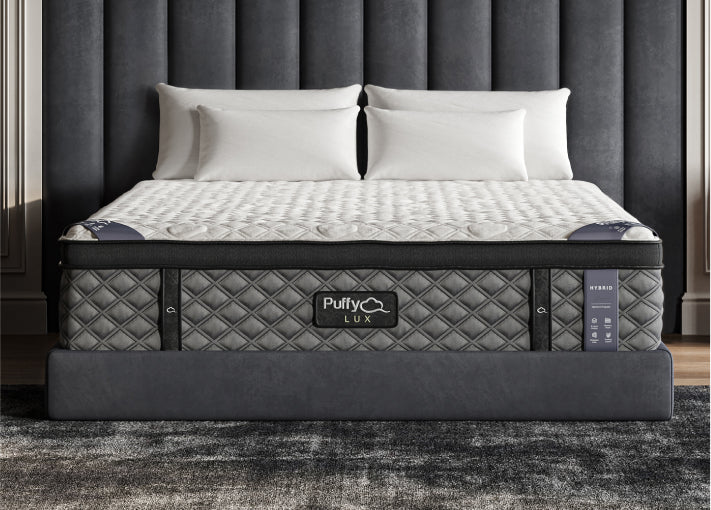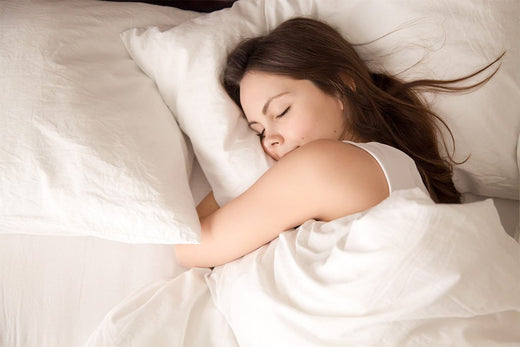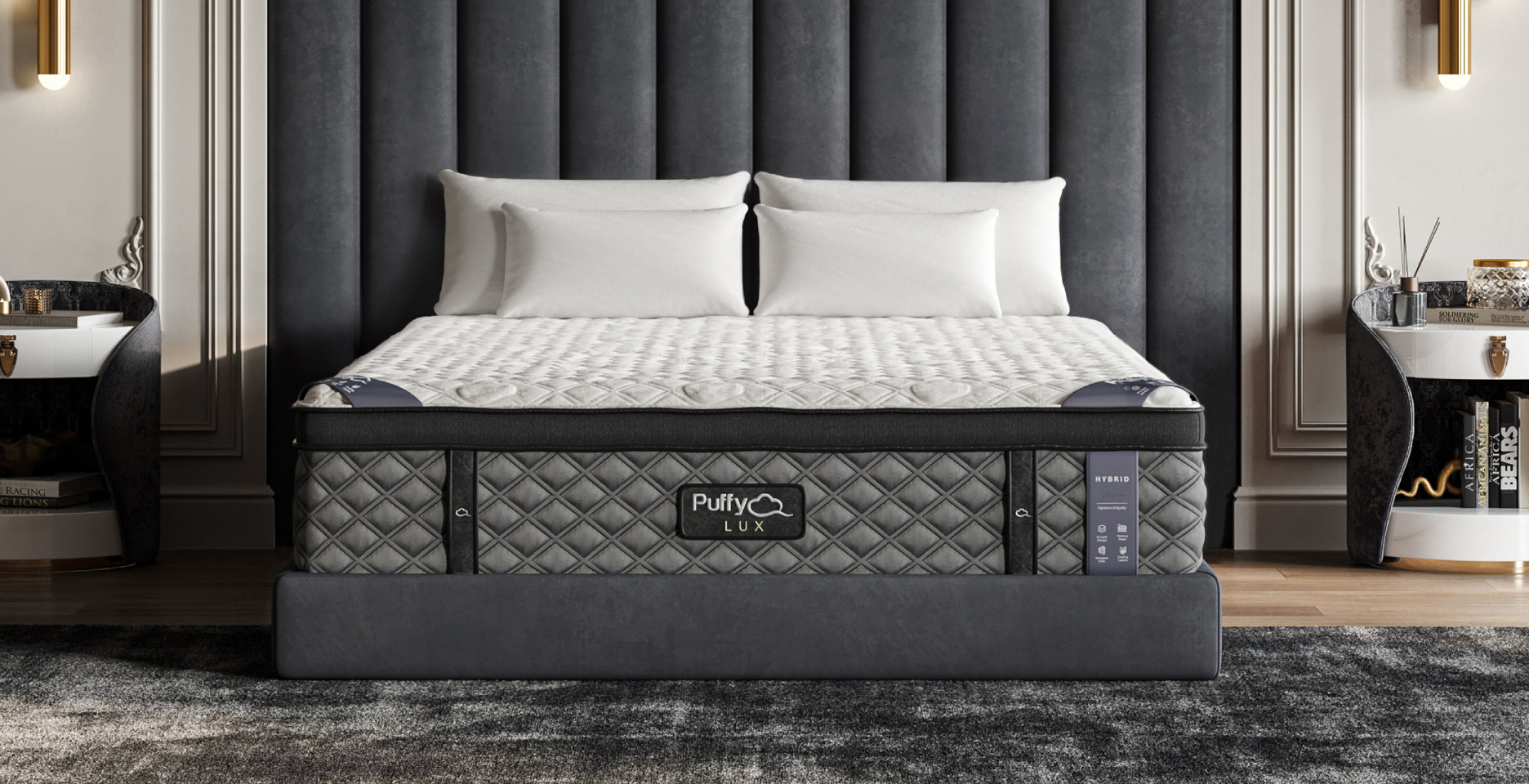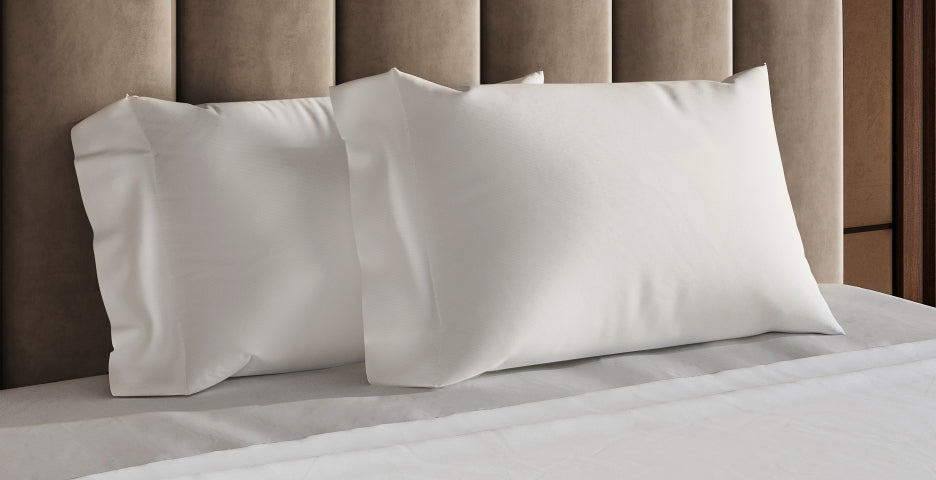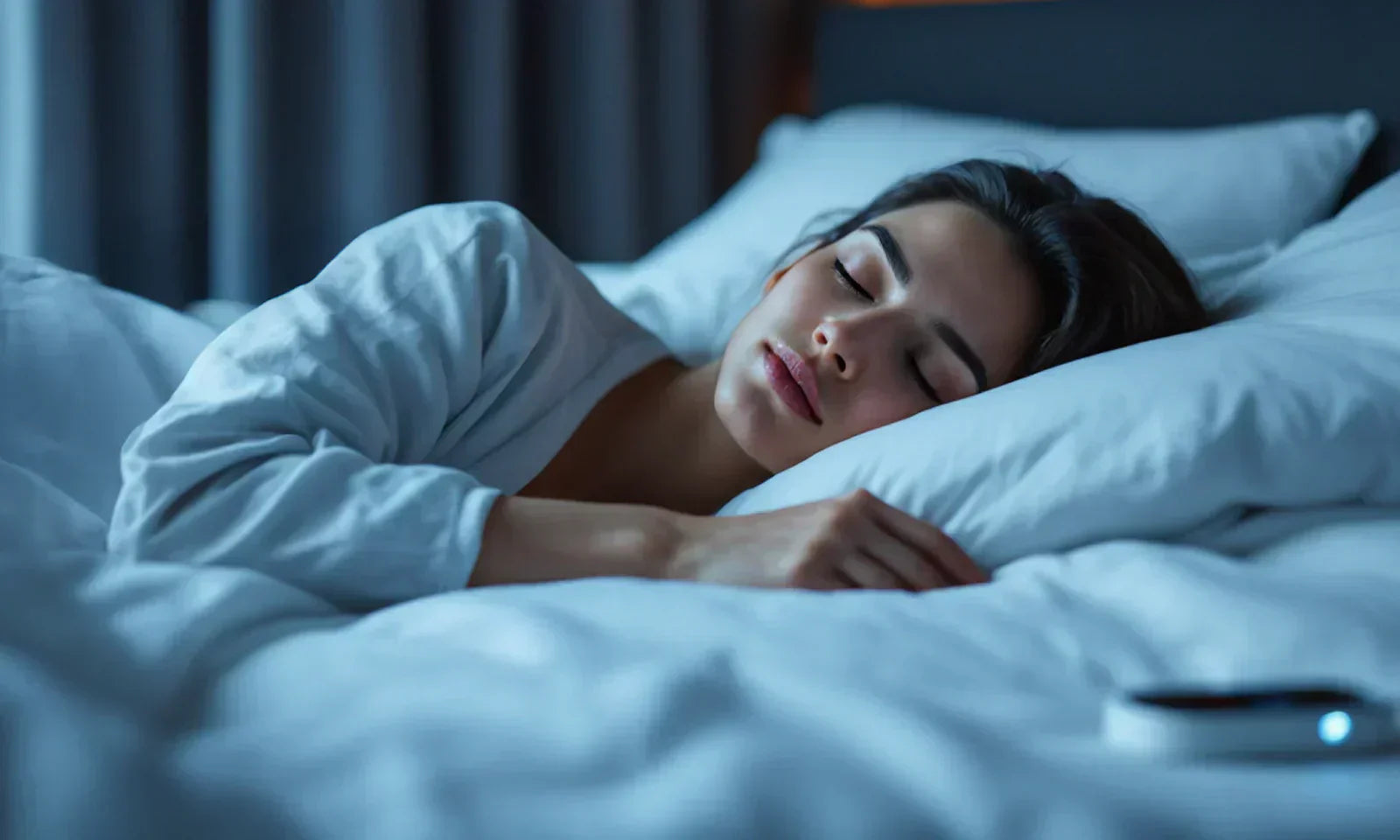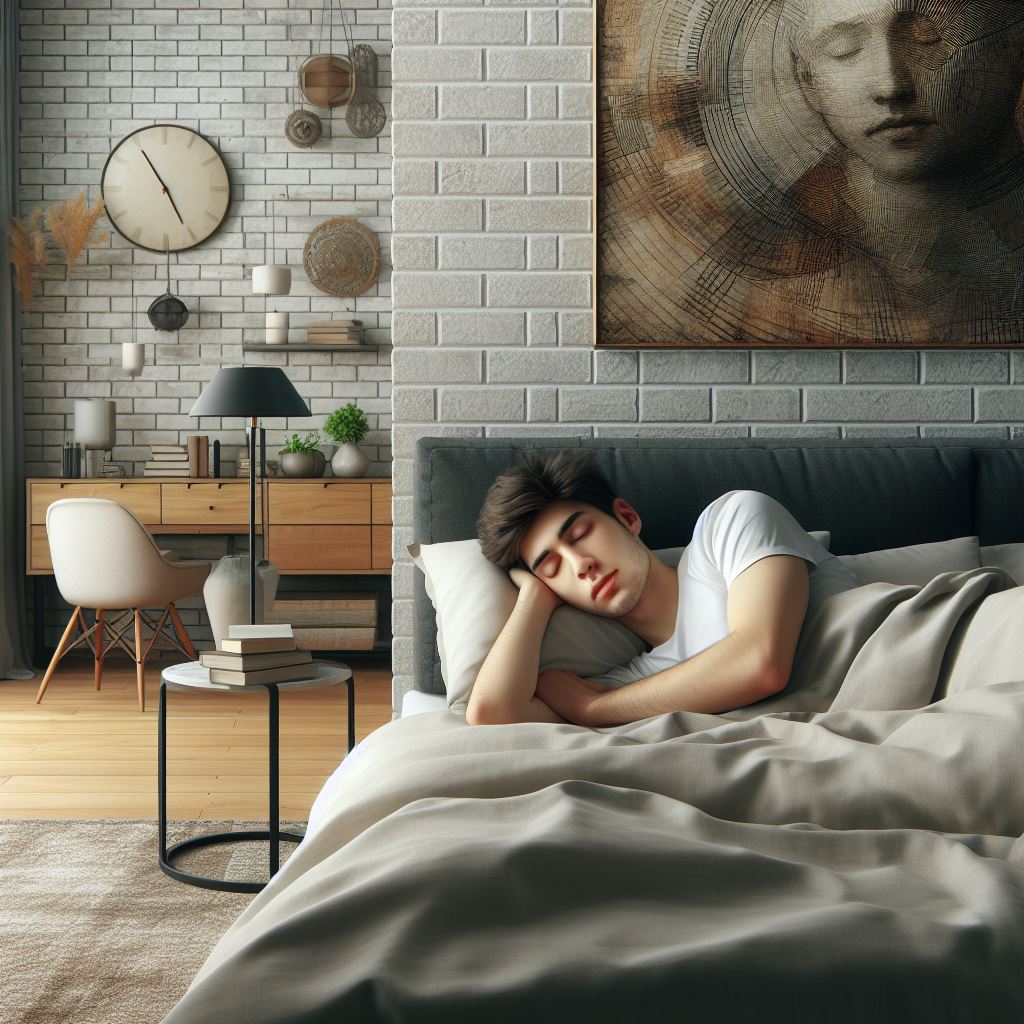Do you feel like you’re not sleeping right? You’re far from alone. In fact, one in three Americans struggles with sleep deprivation in one of its many forms.
The hours of sleep you get each night depend on a lot of factors. Lifestyle factors, such as being a parent, working full time or shift work, as well as being naturally anxiety-prone, can all have an impact on the quality of your sleep.
Sleep deprivation is a kind of sleep disorder that involves a chronic lack of quality sleep. If you don’t get eight hours of rest each night, chances are you’re beginning to feel the ill-effects of sleep deprivation catch up to you.
What Are The Symptoms Of Sleep Deprivation?
So how exactly can you tell whether you’re sleep deprived or not? While it’s inevitable that you’re going to spend some weekends up sleeping later than usual, if you find yourself in a constant battle with your sleep schedule, you might have a severe case of sleep deprivation without even realizing it.
Some of the common symptoms of sleep deprivation include:
- Lack of focus or energy through the day
- Increased irritability and mood swings
- Reduced coordination and signs of tremors
- Food cravings and general drowsiness
What Are The Long Term Impacts Of Sleep Deprivation?

The amount of sleep you get in a night has a direct correlation to your health and well-being, making it an important habit to build properly.
When you have a sleep disorder, the long-term impacts on your health can go well beyond simply feeling tired or unfocused. In fact, studies show that sleep deprivation can affect everything from your physiological to emotional wellbeing.
The longer-term impacts of sleep deprivation can include:
- Poorer immune health. Your immune system is the most valuable defense mechanism your body has when it comes to combating disease, and poor sleep health can compromise this.
- Weight gain. A lack of sleep can actually boost food cravings and lead to consuming more to try and create more energy, causing weight gain and risk of excess fat storage in the long run.
- Poorer heart health. The body recuperates from a day’s worth of activity during sleep, and this includes repair work of the heart vessels. If you don’t get enough sleep, your body does not get enough time to restore the vital systems of the body.
- Reduce hormone production. Insufficient sleep can affect hormone production, including the promotion of growth hormones and testosterone, which can negatively impact both men and women.
- Poor brain function. During sleep, your brain processes a lot of the activity of the day, making the night time a vital period for memory consolidation. Poorer sleep leads to naturally poorer memory, as well as focus and energy retention for your brain.
Check out Puffy mattress reviews from real customers and see how we compare with other brands.
How To Treat Sleep Deprivation
One of the most common responses to sleep deprivation is to normalize a lack of sleep. Most people will try and force themselves to be productive, even without sufficient sleep, but in the long term, this has the capacity to cause even more permanent damage.
To treat sleep deprivation properly, it’s important to take a holistic approach that allows you to make sustainable, healthy choices for the sake of your well-being. Here’s how to go about doing so:
- Set yourself a bedtime. The last time you had a bedtime might have been when you were twelve, but ensuring that you’re sleeping at a set time each night and waking up at a set time each morning can help create a healthy and consistent sleep schedule.
- Keep work and play separate. With more of us working from home, it can be easy to let work come to bed with you. Resist the temptation to work out of your bed, or to check your emails first thing in the morning - this is going to help your body associate your bedroom with a place of only rest.
- Create a calming sleep routine. A calming sleep routine requires practices or habits that ensure you feel primed for a good night of rest. This can involve something as simple as a warm shower right before bed, some nighttime reading, to habits that will take a little more practice, such as nightly yoga.
- Avoid poor sleep hygiene habits. While this goes without saying, there are certain habits that you need to avoid in order to sleep better through the night. This includes scrolling through your phone or any devices with blue light right before going to sleep, avoiding food with caffeine, and keeping your bedroom comfortable enough to rest well.
Converting Your Bedroom To A Sleep Sanctuary

To avoid sleep deprivation, you need to begin with a bedroom you can really get cozy in. Clearing your space and hitting the reset button can be helpful in having a mental fresh start to your relationship with sleep. A lot of people compromise on the quality of their mattress, or sleep in the same one they’ve had for a very long time - this can actually be detrimental to the quality of your sleep. Investing in the best mattress you can for your comfort can go a long way in improving your rest.
If your bed isn’t the problem, you might want to consider a couple of sleep accessories that have been proven to help. This includes tools like a weighted blanket, which you’ll find specifically helpful if you’re someone whose trouble sleeping actually stems from anxiety or any feelings of stress.
Whether it’s reinventing your bedroom or simply coming up with sleep hygiene practices that allow you to get into the practice of prioritizing sleep, it’s important to think of sleep as one of the foundations of a more balanced sense of wellbeing.
Sleep is critical, not just for our physical health, but for our mental health too, and by prioritizing getting a good night’s sleep, you’re also prioritizing being a healthier, happier version of yourself. The new you is just a good night’s sleep away!
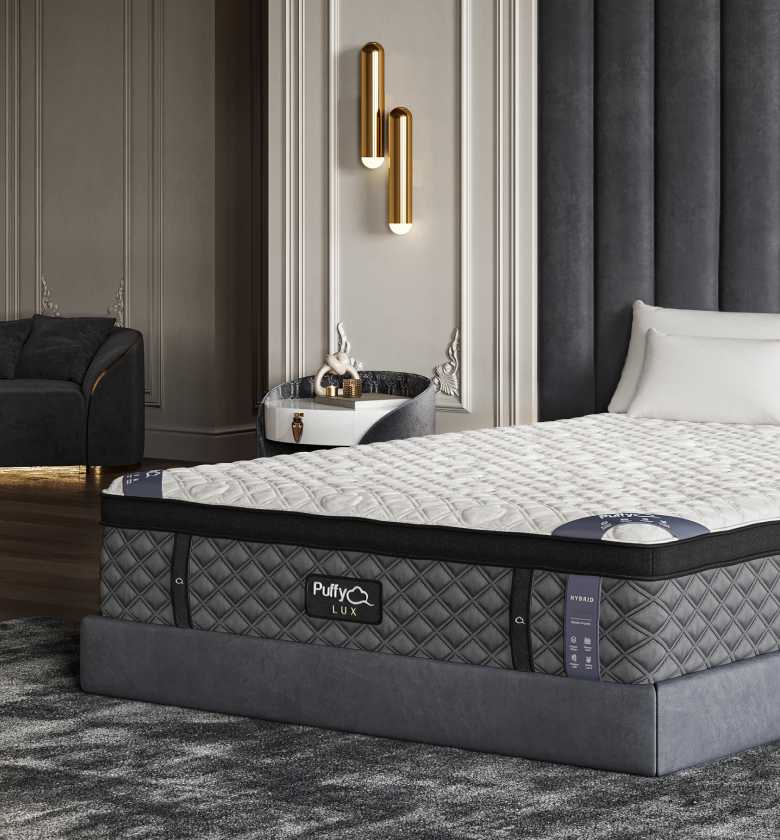
$1,350 in savings
Unlock your ultimate sleep solution with Puffy.
Explore our award-winning Puffy mattress collection with these extra luxury benefits:
- Award-winning comfort.
- Lifetime warranty.
- 101-night sleep trial.
- Free shipping and returns.
- 100% made in USA.
Disclaimer. We love sleep and we want you to get the best sleep possible. But we do not provide medical advice. This blog is intended for informational purposes only. It is not a substitute for professional medical info, diagnosis or treatment. Never ignore professional medical advice in seeking treatment because of something you have read on our blog.
